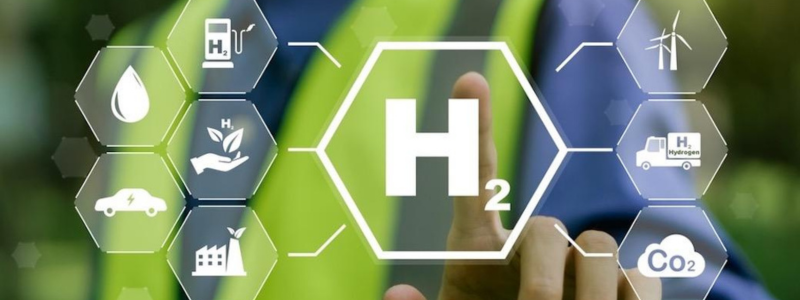HYDEN03 Hydrogen transport, storage, and distribution

HYDEN03 Hydrogen transport, storage, and distribution
Content
Présentation de l'UE
Storage & transport of hydrogen: solid, liquid and pressurized gas, different technologies - Bernard BLEZ - 2025
Saline cavity Storage - Vincent BARRERE - 2025
Distribution network, where to place the water electrolysis - oct 2025 - Alice RODRIGUES
Gas pipeline, H2&CO2 issues - oct 2025 - Fabrice BACATI
Behaviour of metallic materials in a hydrogen environment - Gaurav JOSHI - oct 2025
Behaviour of polymeric materials in a hydrogen environment - Marie-Hélène KLOPFFER - 2025
LH2 markets - Maxime JOHNSON - oct 2025
LH2 Processes - Oussama ELHOUITI - oct 2025
Fundamentals of compression, compressor technology and performances, case study on H2 - Dec 2025 - Christophe LARGE (LILLEBONNE)
Composites: materials selection, design, manufacturing - Christophe BRIANCON - oct 2025
Fluxys solution for Hydrogen transport and storage - Laurent REMY - oct 2025
Liquid Organic Hydrogen Carriers Process - Sebastien LECARPENTIER - 2025
Storage of non-continuous revewable electrical energy - Henri DELAFON - 2025
LH2 markets - Maxime JOHNSON - oct 2025
LH2 process - Oussama ELHOUITI - 2025
NH3 value chain & market -Marieke MAENHAUT - 2025
Economic model for hydrogen infrastructures, including conversion from natural gas assets, concrete case of the project mosaHYc - François MARTIN - 2024
Offshore H2 prod storage&transportation: which solutions for short term deployment - Elvira ALOIGI - 2024
Hynamics - SHIELDS Z.
2024 - IFP - Liquid Hydrogen_diffusable - JALIA F. - Oct 2024
Visit the DEC (Digital Experience Center) and the challenges of digitalisation adapted to the H2 theme - LEROUTIER L. - Nov 2024
Hydrogen storage sizing case study - Alexi LIEDES - 2025
112 subscribers
Upon completion of the teaching unit, students will be able to:
- State the different steps of the supply chain of hydrogen,
- Identify the needs of H2 storage for a given use,
- List the key players in the transportation, storage, and distribution of hydrogen,
- Describe pathways to store and transport hydrogen,
- Identify the risks of hydrogen during storage and transport,
- Report the harbor infrastructures needed for long haul transportation and the main projects for the future in EU,
- Describe the operating conditions of rotating machinery,
- Explain the key points of liquid transfer and gas compression,
- Explain how operating conditions may change the compressor performance,
- Explain the key points linked to natural gas to hydrogen compression transition,
- Understand and explain thermodynamic principles and liquefaction processes,
- Propose and optimize liquefaction and cryogenic storage systems,
- Identify the technical challenges associated with low-temperature storage,
- Analyze the factors influencing the placement of electrolysis units in a hydrogen distribution network,
- Understand the technical and economic feasibility of converting existing natural assets to hydrogen or CO2 applications,
- Select a technology and propose an optimal supply chain.